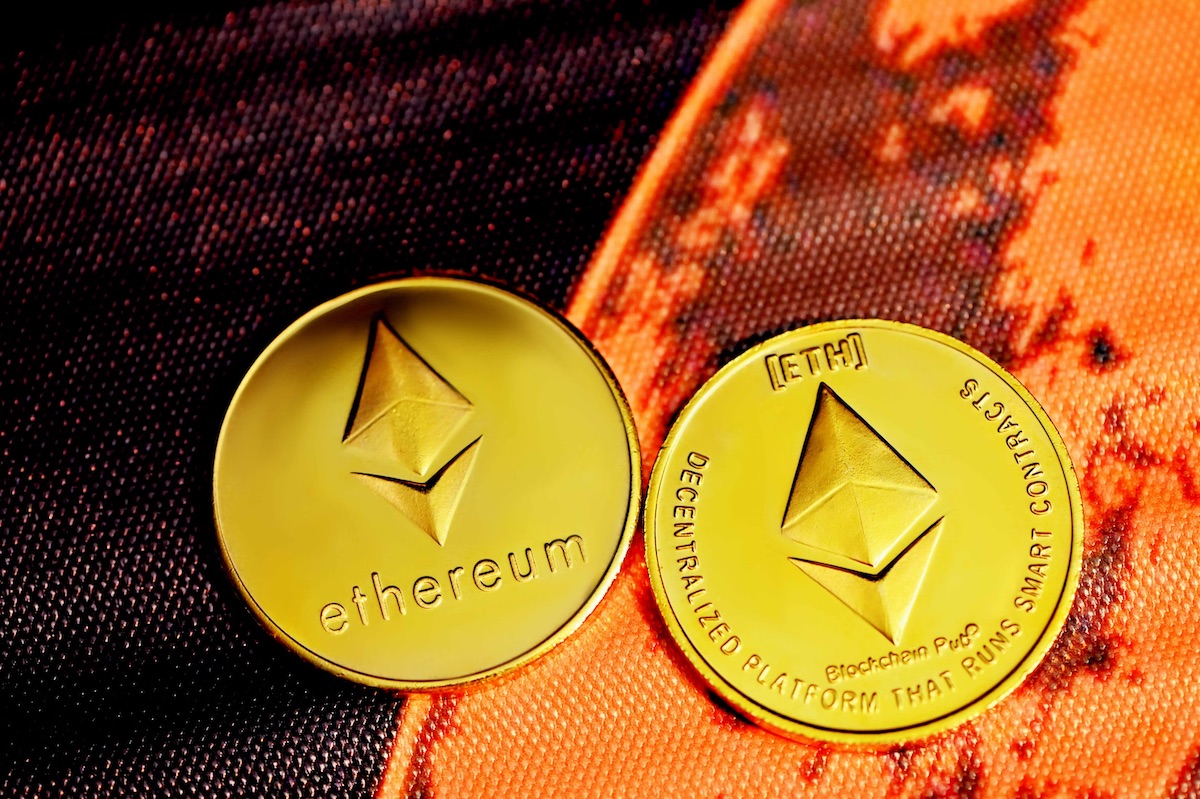
As the launch of several Ether exchange-traded funds (ETFs) approaches, competition among issuers is intensifying, with most opting to introduce temporary fee reductions or waivers. These strategic discounts are set to play a pivotal role in attracting initial investments when these ETFs list next week.
Documents filed with U.S. regulators reveal that out of 10 upcoming spot Ether ETFs, seven are implementing fee discounts. These range from complete waivers to reductions of about 50%, with durations extending from six months to one year. Certain discounts are designed to expire once the ETFs achieve a specific threshold in assets under management (AUM).
Exemptions and Strategic Decisions
Notably, the Grayscale Ethereum Trust (ETHE) and the Invesco Galaxy Ethereum ETF are steering clear of this fee war, maintaining their established fee structures. Another notable case is the ProShares Ethereum ETF, which is slightly behind in the registration process and is not expected to list alongside its peers next week.
Franklin Templeton’s Franklin Ethereum ETF (EZET) is leading the fee competition by waiving management fees entirely for the first year or until the fund reaches $10 billion in AUM, whichever comes first. Its baseline management fee, post-promotion, is set at a competitive 0.19%.
Other spot Ether ETFs have set their fees ranging from 0.20% to 0.25%. Grayscale is taking a different approach with its legacy fund, ETHE, which has a higher fee of 2.5%. However, Grayscale is introducing a new, more competitively priced fund, the Grayscale Ethereum Mini Trust, with a baseline fee of 0.25% discounted to 0.12% for the first year or until it garners $2 billion in AUM.
The decision by Grayscale to maintain higher fees for its legacy fund while introducing a lower fee structure for the new Mini Trust has drawn criticism. Some industry analysts believe the fees for the new Mini Trust, although reduced, may still not be competitive enough to attract significant organic flows, especially with major players like BlackRock offering similar fees.
Bloomberg ETF Analyst Eric Balchunas commented on the situation, highlighting concerns over Grayscale’s pricing strategy and its potential impact on attracting new investments.
Conversion Plans and Shareholder Benefits
In an innovative move, Grayscale announced plans to convert 10% of shares from the legacy ETHE fund into shares of the new Mini ETF, distributing these to existing investors. This strategy is intended to provide these long-term investors with a tax-advantaged opportunity to transition from the higher-fee legacy fund to the more competitively priced new ETF.
As the market anticipates the listing of these new Ether ETFs, the fee strategies employed by issuers are expected to significantly influence investor decisions. The evolving landscape of ETF fees highlights the competitive dynamics within the cryptocurrency investment space, signaling a potential shift in how digital asset products are marketed and managed.
| ETF Name | Fee Strategy | Duration | Condition |
|---|---|---|---|
| Franklin Ethereum ETF | 0% fee waiver | 1 year | Until $10B AUM |
| Grayscale Ethereum Mini | Reduced to 0.12% | 1 year | Until $2B AUM |
| Other ETFs | Ranges from 0.20% to 0.25% | N/A | N/A |
Featured image credit: Kanchanara via Unsplash
Follow us for more breaking news on DMR
